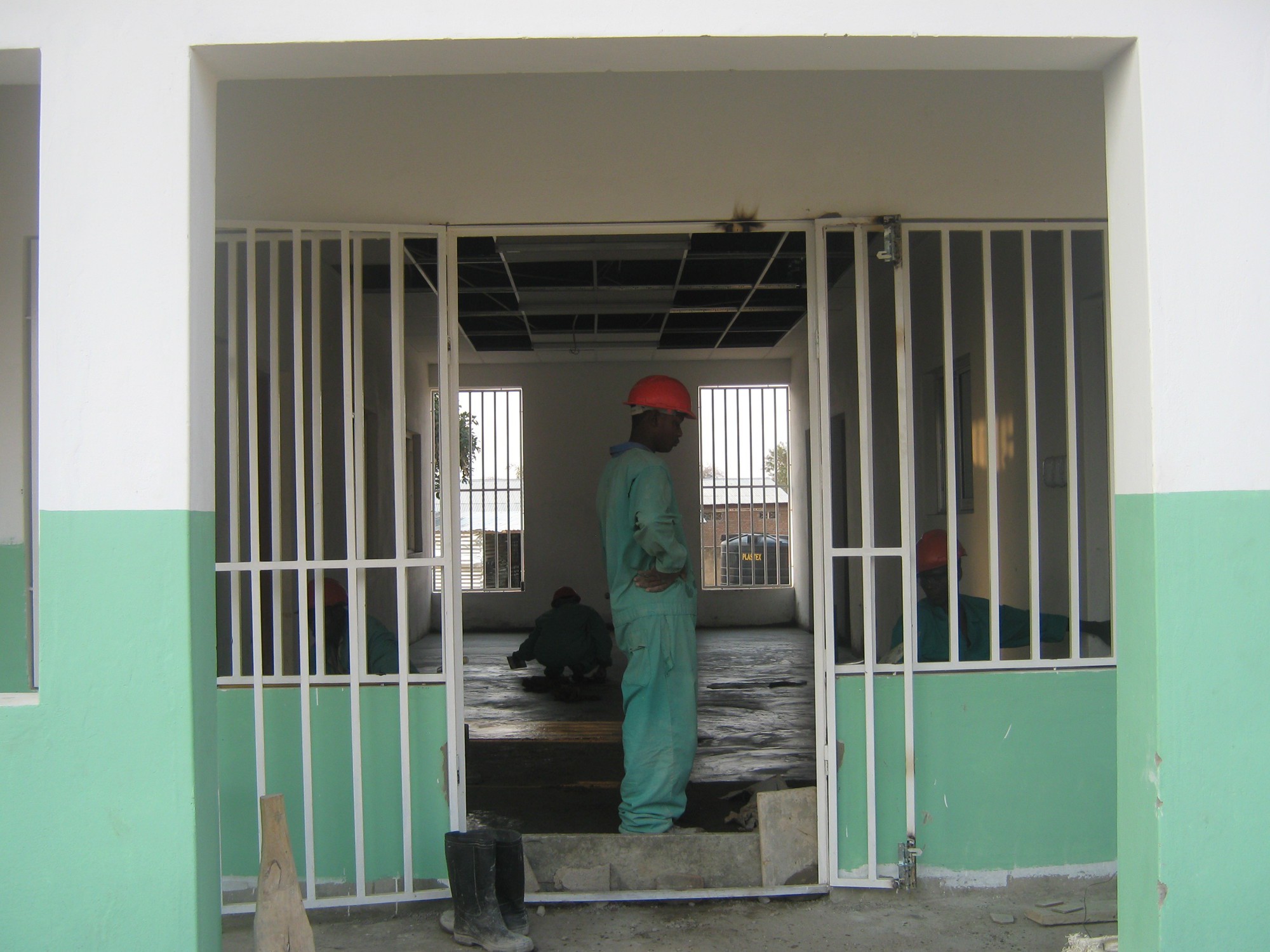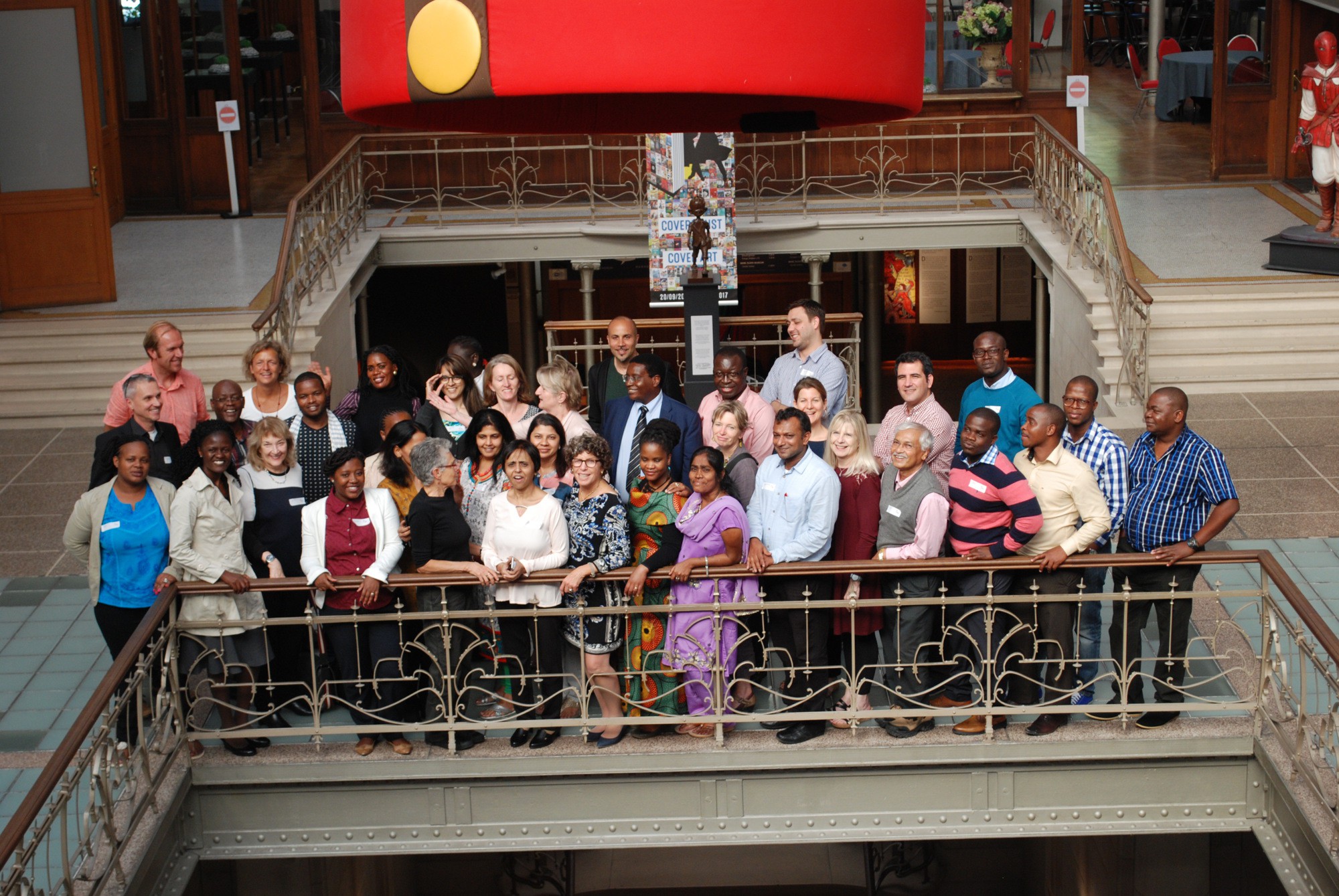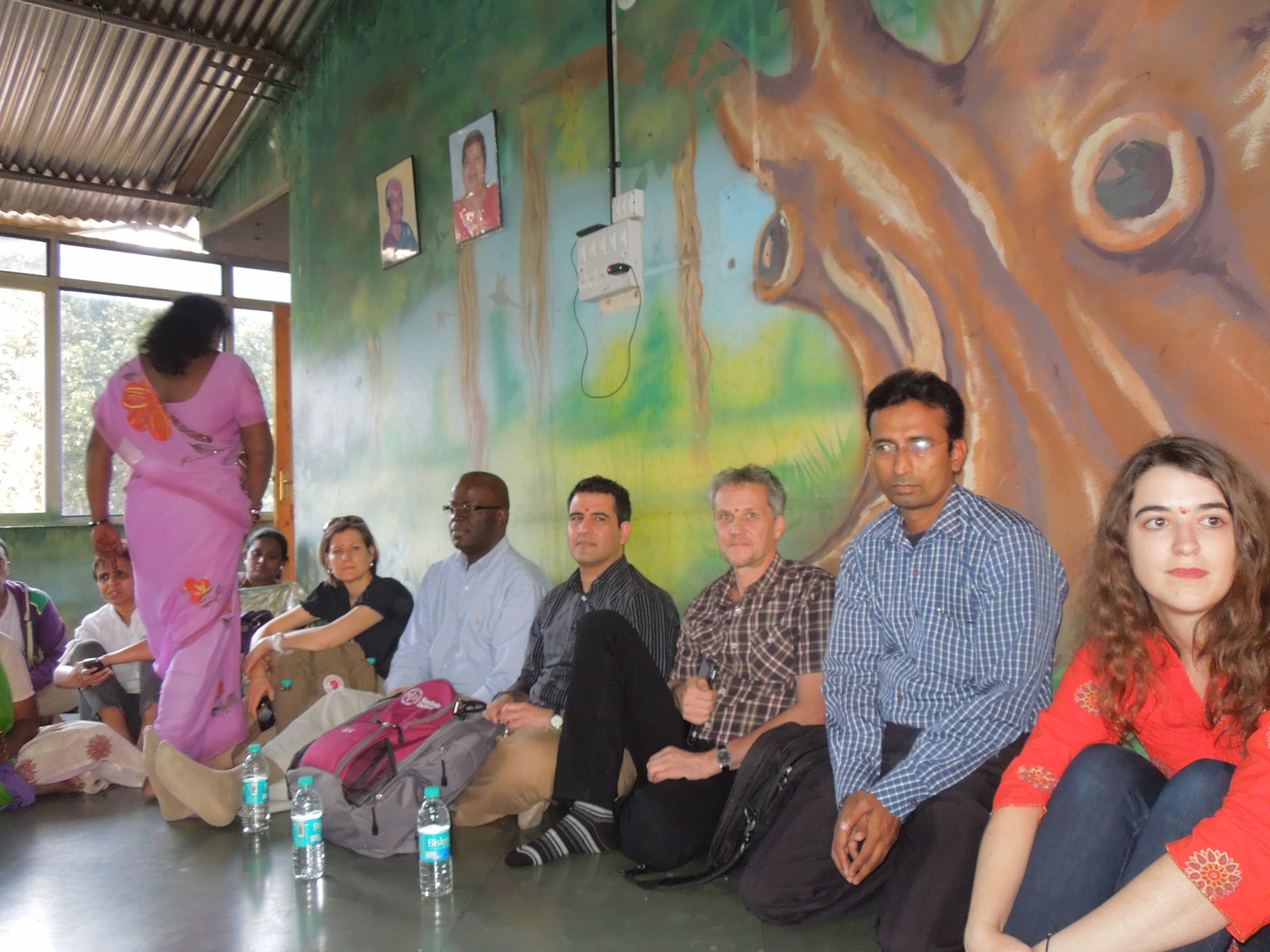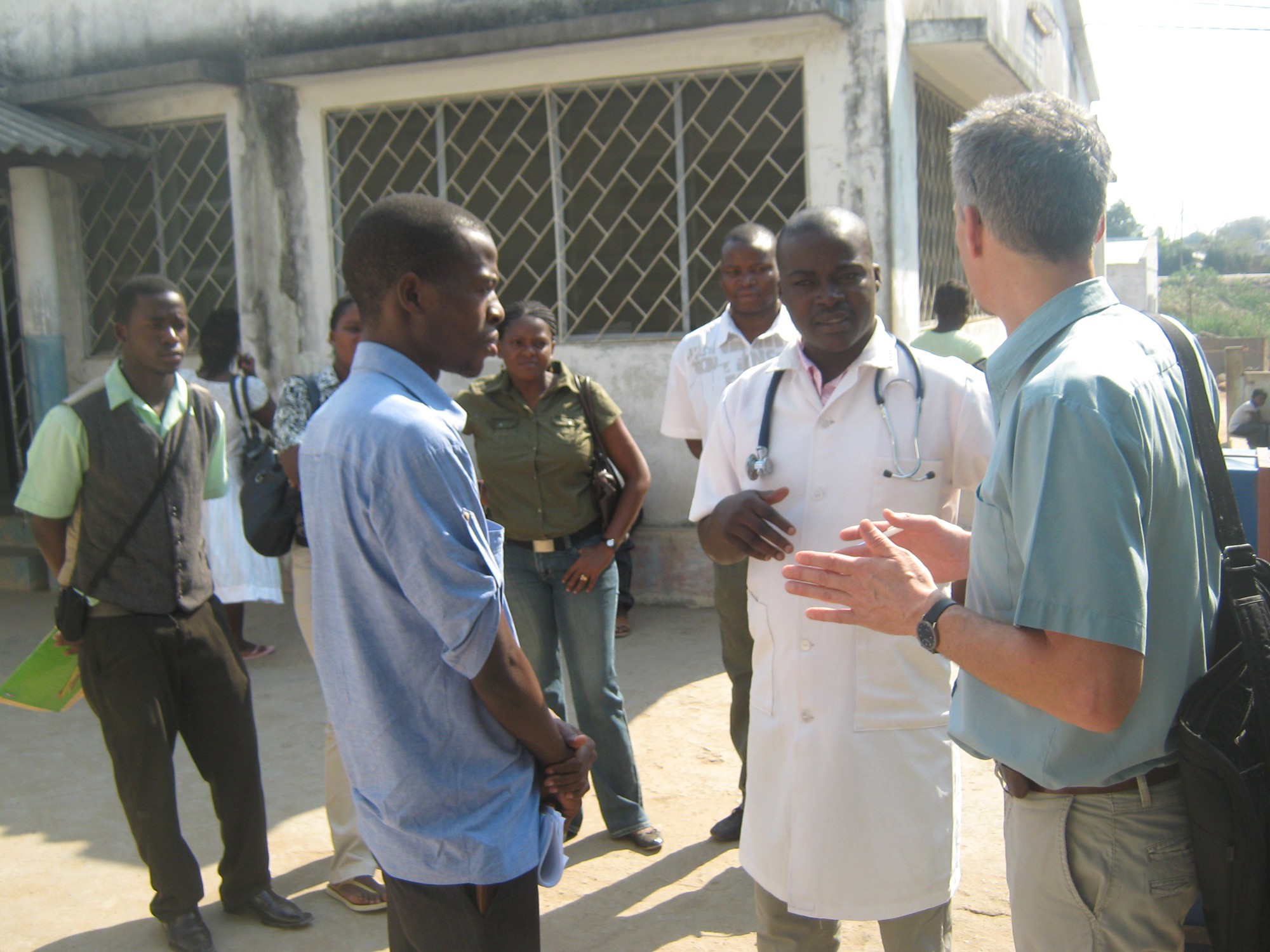Diagonal Interventions to Fast Forward Enhanced Reproductive Health (DIFFER)
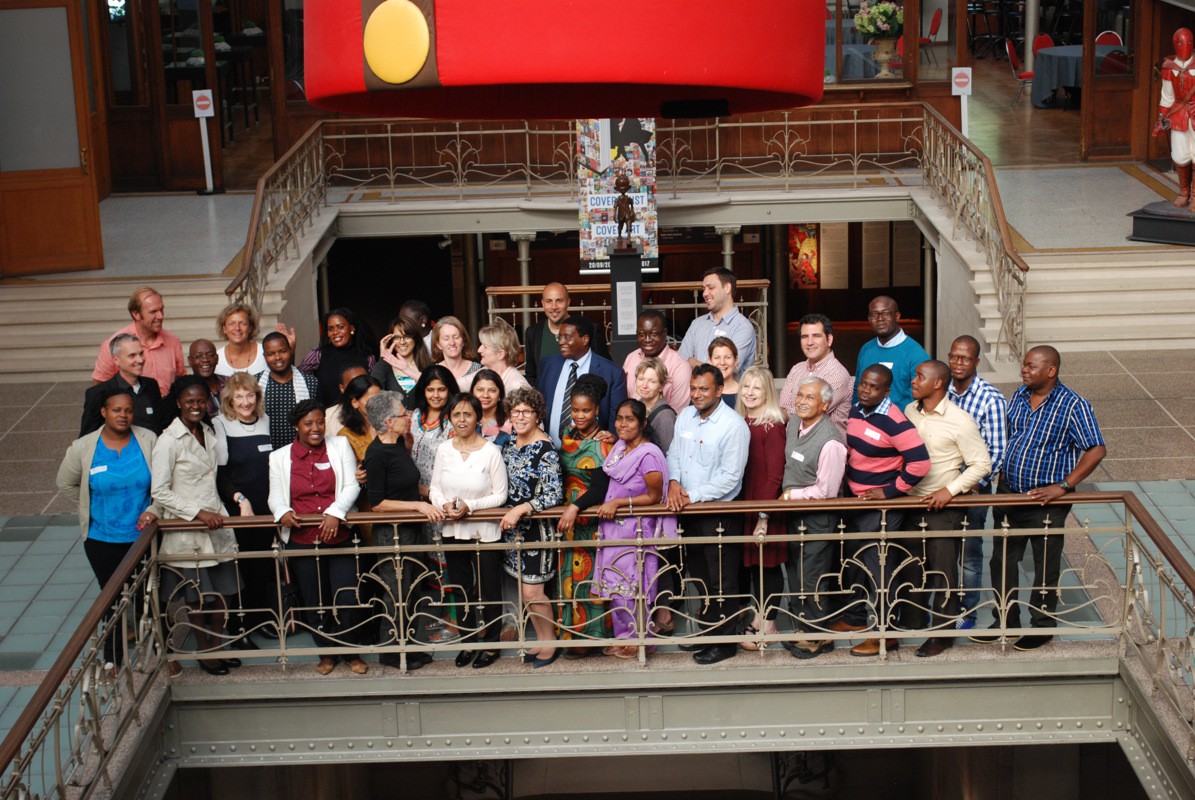
To assess the feasibility of linking and/or integrating services for FSW into existing services for the general population;
To assess the feasibility of participatory processes involving FSW, local service delivery partners and the general population in design and delivery of improved SRH services for FSW;
To design packages of SRH care interventions which are feasible, appropriate, sustainable, effective, scalable and tailored to the conditions of each study site;
To implement and evaluate site-specific packages of improved SRH services delivered at facilities, at targeted services, and within the community;
To evaluate effectiveness of 3 years of strengthened services by conducting a cross-country assessment of the determinants of improved SRH services and outcomes pre and post-intervention, and to measure cost effectiveness of improved SRH care for FSW;
To engage policy makers from the outset in planning, implementing, evaluating and expanding the project;
To inform SRH policy and service delivery guidelines development that serve the needs of the general population and vulnerable groups such as FSW.
Pre-post intervention comparison
Combination of quantitative and qualitative research methods
Detailed situation analysis of the scope and quality of existing SRH services
Design a package of SRH interventions and services, based on acquired knowledge of cost, context and preference of local stakeholders
Build capacity in knowledge, skills and capabilities of health providers, community members, government and policy makers
Implement the optimum package of SRH interventions and services in the four study sites
Evaluate feasibility, acceptability, client satisfaction, care seeking behaviour, service utilization, quality of care and some SRH outcomes
Evaluate cost and determinants of sustainability
Promote participation and involvement of local and national health authorities and policymakers
Disseminate key results locally, nationally and internationally
The quality of SRH services is improved;
Both clients and providers are satisfied with the services;
The costs of the SRH services are reasonable, in relation to the effects, and sustainable.
Funding agencies
EC - DG Research
Team
Yves Lafort; Katherine Muylaert; Aurore Guieu; Olivier Degomme; Marleen Temmerman
Partners
Ashodaya Samithi, India; International Centre for Reproductive Health Association, Kenya; International Centre for Reproductive Health Association, Mozambique; University of The Witwatersrand - MatCH Research, South Africa; University College London - Institute for Global Health, UK
Period
October 01, 2011 - September 30, 2016
Project status
Project closed
Team members
Mr. Olivier Degomme
Ms. Marleen Temmerman
Countries
Belgium
India
Kenya
Mozambique
South Africa
Themes
HIV & AIDS
Sexually transmitted infections (STIs)
Health system research
Reproductive rights


